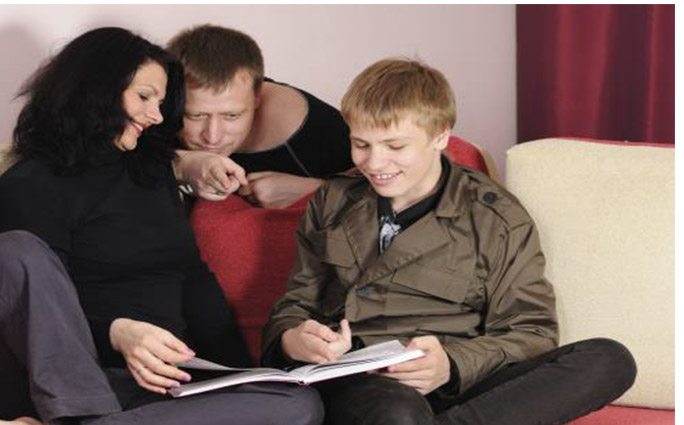How to create a Positive Learning Environment at Home

This workshop looks at parental role in order to create a Positive Conditions for their Learning.
The Home Learning Environment (HLE) means the physical home and the social constructions and interactions in the home, which implicitly and explicitly support children’s learning.
Parenting affects many different aspects of a child’s development. Parenting is also the pathway through which many children’s developmental goals (capacity for self-regulation, language, relationships with siblings and peers, cognitive functioning, academic success, overall well-being, mental health) can be supported.
A positive learning environment involves creating positive conditions for development, where both parents and children taking an active role.
The aims are:
- to develop your parental capabilities (knowledge, attitudes and practice) so you can be attuned to your children’s needs
- create a Positive Learning Environment
- be able to influence your child’s optimal development and self-regulation
Details:
Duration: 1 hour
Who for: Parents of children 0 – 11 years old
Days: The first and the second Thursdays of each month
Time: 19:30-20:30 (UK time)
Participants: No more than 10 attendees
Price: £15 payments are made in advanced by PayPal (£1additional charge)
Booking: bcalderon@spaces4learning.org
Upcoming Workshops in 2022:
February: Thursdays 3th & 10th
March: Thursdays 3th & 10th
Abril: Thursdays7th & 14th
May: Thursdays 5th & 12th
Expert-led interactive live workshop via Zoom

This workshop gives parents the opportunity to engage in proactive rather than reactive behaviour when it comes to their children’s well-being.
How it works:
The workshop is designed to enhance participant’s skills, which requires practical and active participation. As this is an interactive workshop all participants will be required to have their video turned on.
Topics to cover:
- Parental role and capabilities
- The HLE and its relations to the child’s social, emotional, cognitive and language development
- Parent-child interactions
Outcomes:
- Parents more attuned to their children’s needs
- Parents able to create a positive HLE
- Increased parental knowledge, understanding and confidence
- Strong parent-child relationship
- Children’s optimal development
- Improved parental satisfaction and well-being
